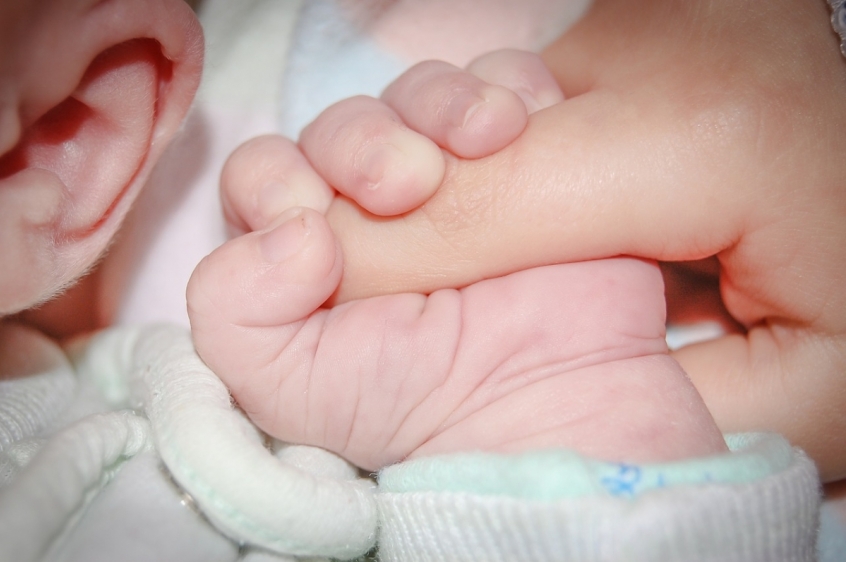
A court's decision to allow an abortion to be performed on a pregnant woman with learning difficulties is "sad and distressing", the Auxiliary Bishop of Westminster has said.
Bishop John Sherrington said it was a "tragedy" that the Court of Protection had granted the request of doctors overseeing the care of the woman to terminate her unborn baby.
She cannot be named for legal reasons, but was described as being 22 weeks pregnant and having a "moderately severe" learning disability and mood disorder.
Doctors argued that an abortion was in her best interests because her learning disability would make labour "very difficult to tolerate" and that she would find recovering from a Caesarean section "very challenging".
They also argued that the pregnancy put the woman at increased risk of psychosis and that she would find termination easier to recover from than separation in the event of the baby being taken into care.
The woman's mother, a Catholic, was challenging the petition and said she would take care of the baby. The pregnant woman's social worker was also opposed to a termination, the Press Association reports.
In her ruling, though, Justice Nathalie Lieven sided with the doctors.
"I am acutely conscious of the fact that for the State to order a woman to have a termination where it appears that she doesn't want it is an immense intrusion [...] I have to operate in [her] best interests, not on society's views of termination," she said.
Commenting on the ruling, Bishop Sherrington said a balance needed to be struck between the rights of individuals and the powers of the state.
"Forcing a woman to have an abortion against her will, and that of her close family, infringes her human rights, not to mention the right of her unborn child to life in a family that has committed to caring for this child," he said.
"In a free society like ours there is a delicate balance between the rights of the individual and the powers of the state.
"This is a sad and distressing decision for the whole family whom we keep in our prayers.
"This case, for which all the information is not available, raises serious questions about the meaning of 'best interests' when a patient lacks mental capacity and is subject to the court's decision against her will."













